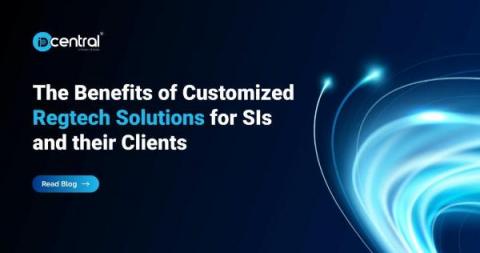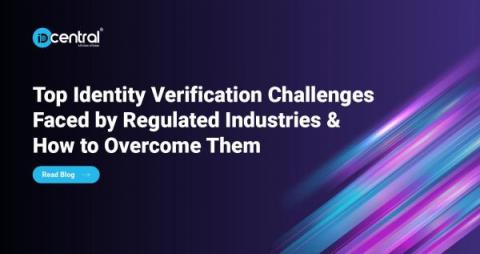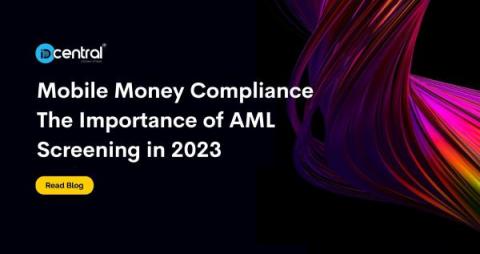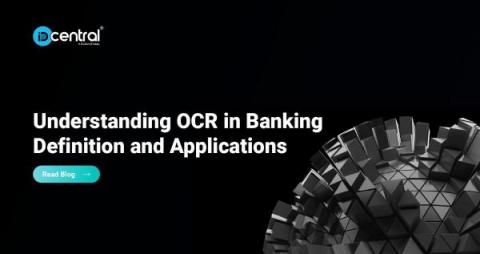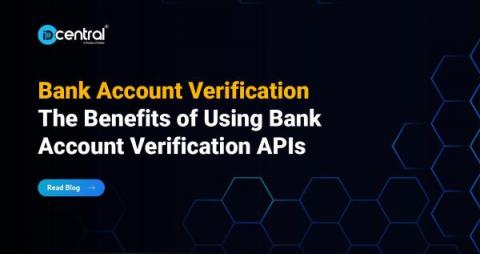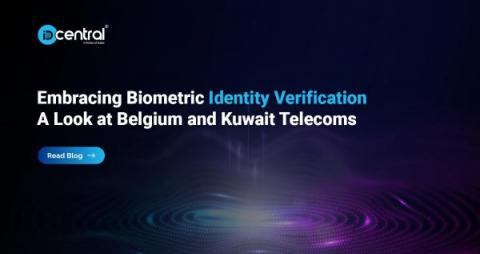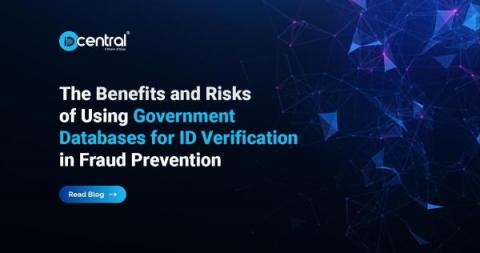The Benefits of Customized Regtech Solutions for SIs and their Clients
As a service provider for obligated organizations, it is essential to understand the factors driving the need for collaboration with regtech providers. It’s not just about adopting new technology; the real potential lies in effectively addressing anti-money laundering (AML) threats and streamlining regulatory compliance. Regulators consider regtech to be critical to modernizing the financial sector and ensuring clarity in supervisory expectations.


